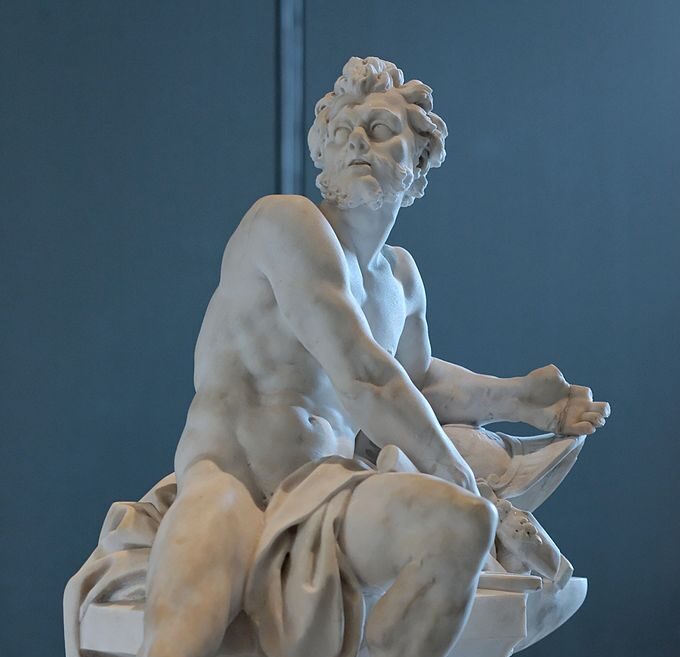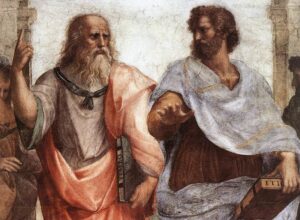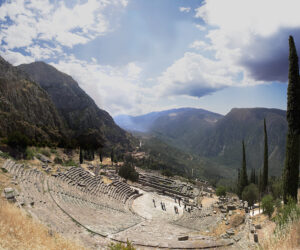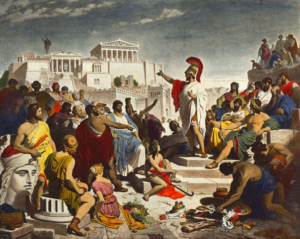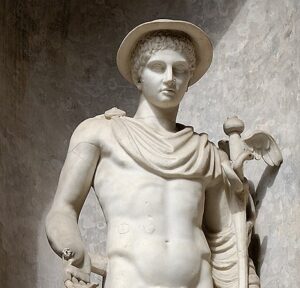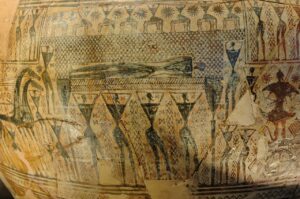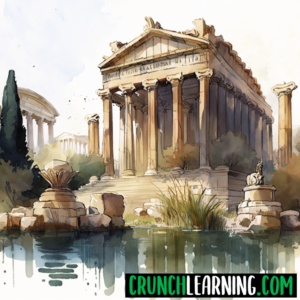Hephaestus is the ancient Greek god who is widely recognized for his mastery in the art of blacksmithing and metalworking. He is also known for his association with fire and volcanoes, which were believed to have been his primary sources of power. The ancient Greeks considered him to be the patron of all craftsmen, especially those who worked with metal. Furthermore, he was one of the twelve Olympians of ancient Greek mythology and played an important role in ancient Greek culture and religion.
Origins and Family of Hephaestus in Ancient Greece
Hephaestus was the son of Zeus, king of the ancient Greek gods, and Hera, queen of the gods. Despite being born to the royal couple, Hephaestus was born physically disabled, which led to his mother casting him off of Mount Olympus, the legendary home of the ancient Greek gods. He was later rescued by the sea nymphs, who raised him and taught him the skills of blacksmithing.
Despite his physical appearance, Hephaestus was a brilliant and talented craftsman. He was responsible for creating many of the weapons and tools used by the gods, including the famous thunderbolts of Zeus. He was also known to have crafted the armor of Achilles, one of the greatest warriors in Greek mythology. His symbols are a hammer, anvil, and a pair of tongs, which were tools used in blacksmithing.
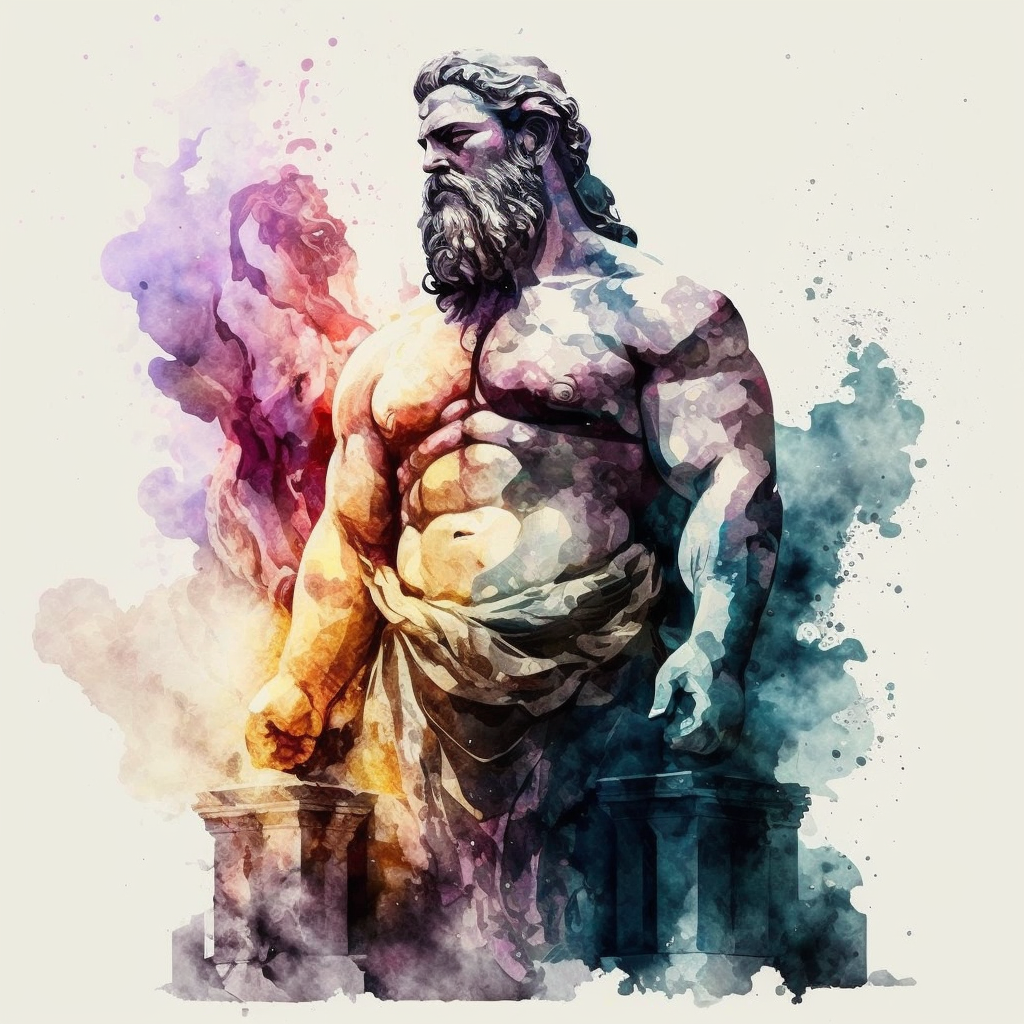
Role in Ancient Greek Mythology
Hephaestus played a significant role in many of the myths and legends of ancient Greece. He was often called upon to use his skills to help the gods and was considered to be one of the most important members of the Olympians of ancient Greek mythology.
One of the most famous myths involving Hephaestus is the story of his marriage to Aphrodite, the ancient Greek goddess of love and beauty. Despite her beauty and popularity, Aphrodite was not faithful to Hephaestus. This led to a series of events that eventually resulted in the famous judgment of Paris, which ultimately led to the Trojan War. The judgement of Paris refers to when three goddesses, Aphrodite, Hera, and Athena, competed for the prize of a golden apple, which was awarded to Aphrodite by Paris, who judged her the fairest.
Another important event involving Hephaestus was his role in the release of Prometheus, who had been bound by Zeus as punishment for stealing fire and giving it to mankind. Hephaestus was tasked with forging the chains that bound Prometheus, but he also played a role in his eventual release.
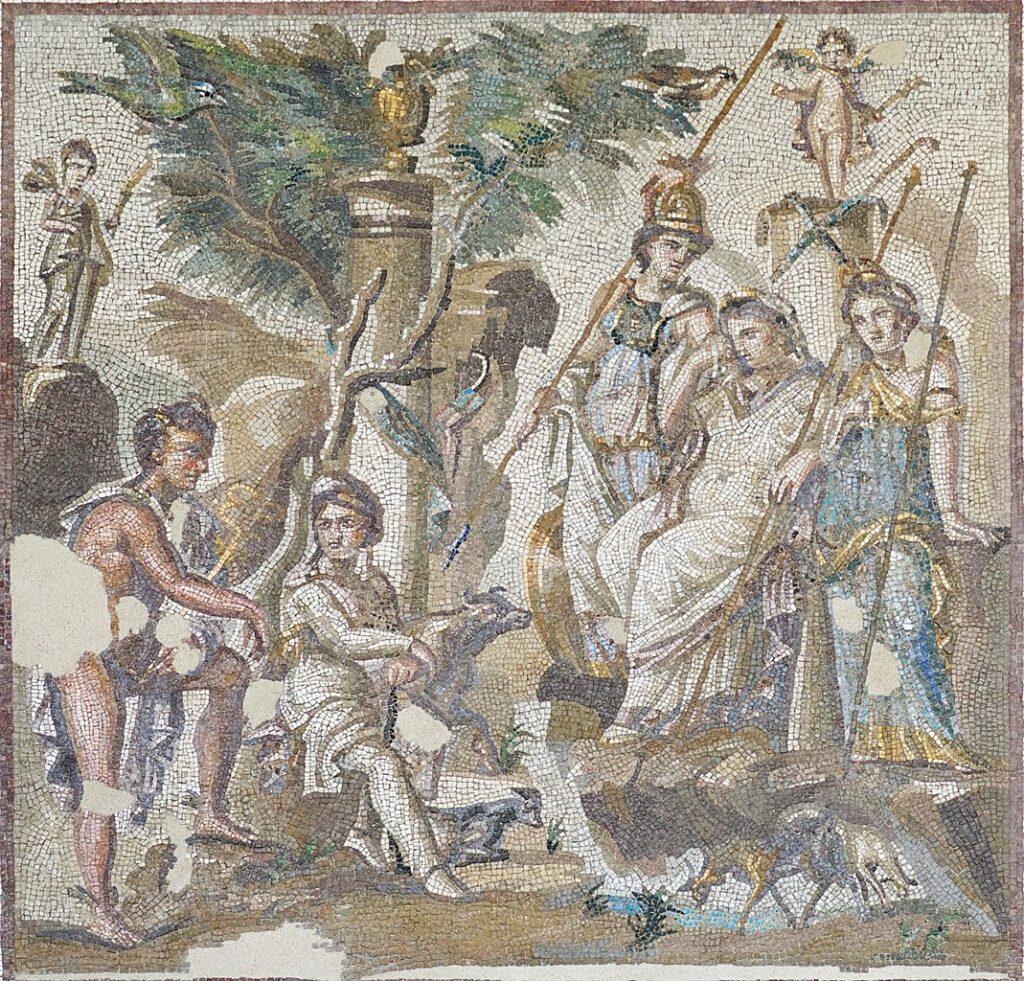
Worship in Ancient Greece
As stated above, Hephaestus is the ancient Greek god of fire, metalworking, stonemasonry, and sculpture. He is often depicted as a blacksmith or a craftsman, and is associated with the forge and the volcano. As such, he was considered to be an important god and was widely worshiped throughout the ancient Greek world. He was associated with the arts, particularly sculpture and metalworking, and was considered to be the patron of craftsmen and artisans. His following was particularly strong on the island of Lemnos, where he was said to have a temple and an oracle.
Significance of Hephaestus
Hephaestus was an important god in ancient Greek mythology and played a significant role in the daily lives of many of the ancient Greek people. This was especially true in the lives of the ancient Greek blacksmiths, artisans and craftspeople.
His legacy can be seen in the many works of art and literature that have been inspired by him over the centuries. His name is also used as inspiration for various scientific and technological projects, such as the HEPHAESTUS project which is a European research project that studies the history of fire in the Mediterranean. In Roman mythology, Hephaestus is known as Vulcan, and his following was also widely worshipped in the Roman world. He was considered to be the god of fire, metalworking, and volcanoes and was also associated with the arts and crafts.

